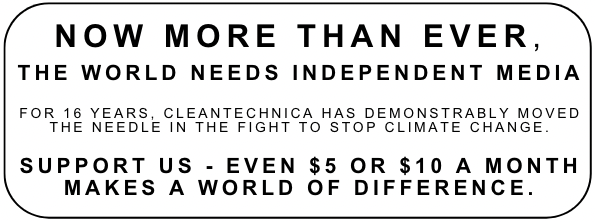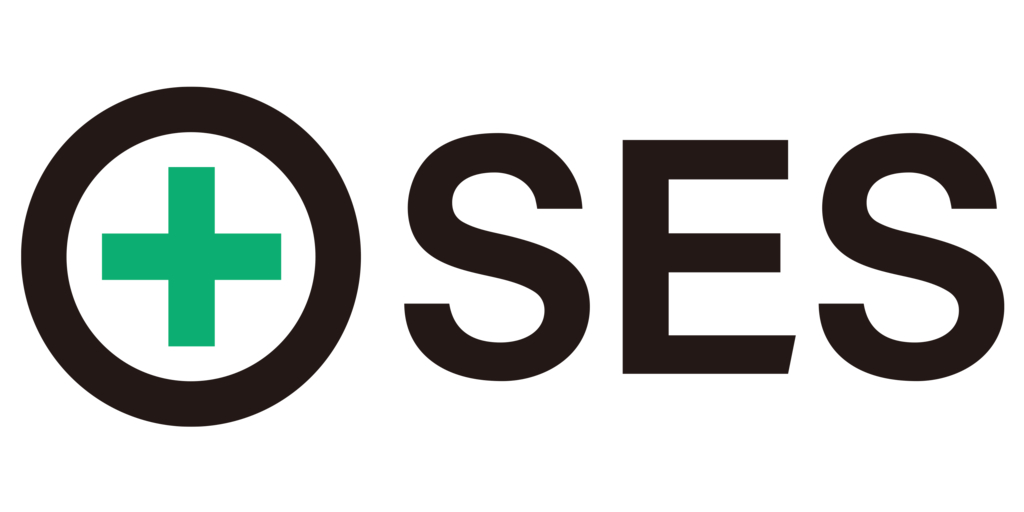
Sign up for daily news updates from CleanTechnica on email. Or follow us on Google News!
Should we let businesses that contaminate community water systems write their own rules for what counts as unhealthy? Should we allow factories to spew dangerous emissions into the air? Should we turn our backs when employers force workers to endure dangerous conditions? Of course not. We want to protect each other from known hazards. Then why is truth in food labeling any different?
The USDA’s Food Safety and Inspection Service recently updated its guideline for claims about animal welfare and the environment. Those new guidelines allow optional third-party certification for climate consequences and concurrent labeling transparency.
Those labels can be unreliable. Documentation is weak. Lots of claims are misleading and manipulative. It’s time for evidence to be the foundation that drives food labeling.
Extinction is the most serious, irreversible impact humans have on the planet. And right now, here at the end of 2024, we’re in the middle of the sixth mass extinction event in the planet’s 4.5 billion-year history. But surprisingly few people in the US have ever heard of the extinction crisis, and even fewer believe it’s happening.
The food system is responsible for as much as one-third of global greenhouse gas emissions and is a leading driver of biodiversity loss.
Why do we have food labels? Truth in food labeling is important for consumers — it makes visible how the foods we choose to eat have consequences for biodiversity. Food labels state ingredients and percentages of daily health requirements, sure, but food labeling is also a very important marketing mechanism. It tries to appeal to consumer interests, therefore driving sales. Many labels are confusing, however, and some are downright misleading. As a result, consumers are often thwarted in their attempts to use labels to guide their food buying decisions.
The increased occurrences in foods labeled with positive imagery have a dark side. People see words and phrases that evoke green pastures, pleasant growing conditions, and — importantly — limited climate impacts with such language. Such phrasing, however, manipulates people into spending more money on products that cause harm.
Products are described as “carbon neutral” or produced “regeneratively.” “Sustainable” connotes a life cycle that isn’t evident in today’s industrial agriculture. Terms like “carbon neutral” and “environmentally responsible” are currently so nebulous that they serve no clear purpose beyond sales. Even beef — by far the worst food choice for the climate — is sometimes labeled “climate friendly.”
One such harm in misleading or incomplete food labeling, says the Center for Biological Diversity, is accuracy of output from industrial animal agriculture. That’s why the Center for Biological Diversity started a Extinction Facts food labeling campaign that shows the environmental destruction percentages of ground beef, milk, bacon, and chicken breast.
They argue that USDA guidance should include requirements for food producers to use independent, science-based third-party verification before animal or environmental claims in labeling are approved. The USDA should disallow vague and undefined terms and make third-party, on-site certification mandatory — not optional, argues the Center.
The Federal Meat Inspection Act and the Poultry Products Inspection Act give authority to the USDA to deny the use of labels believed to be false or misleading. Now more than ever food labeling also includes claims about the manner in which animals and the environment are treated during production.
A 2023 report from the Animal Welfare Institute titled “Deceptive Consumer Labels” is the result of a Freedom of Information Act request to analyze label approval applications submitted by producers prior to their use of humane or sustainability claims. Some requests resulted in “no responsive records,” which meant that the USDA sent no records to AWI. When AWI did receive label applications from the FSIS, it evaluated them based on the unredacted content. Some relevant information may have been redacted by the USDA. Here are highlights of their findings:
- The USDA does not, for the most part, regulate the manner in which animals are raised or the impacts of agricultural production on the environment.
- The USDA’s guidance to producers regarding substantiation of animal-raising claims is inadequate and lacks the specificity necessary to ensure these claims meet consumer expectations.
- The vast majority of label claims lack adequate substantiation.
- The USDA allows the use of high-value claims such as “humanely raised” even when the animals are raised under conventional industry conditions.
AWI found many instances in which producers made claims that simply did not reflect the reality of their industrial agriculture processes.
- The use of “humanely raised” on Boar’s Head’s Simplicity All Natural turkey products was “so egregious, it filed a complaint with the Federal Trade Commission.”
- The USDA was unable to find any label application for the claim “Animal Welfare Humane Certified” found on Gerber’s Amish Farm chicken.
- Creminelli Meats supplied a number of documents as justification for the use of “humanely raised” on its “salami minis” but it was still difficult to discern whether its use of the claim was substantiated.
AWI has also surveyed consumers about what they perceive the government’s role in regulating these claims to be. These surveys have repeatedly shown that consumers disapprove of the USDA’s practice of allowing conventional producers to use high-value animal-raising claims such as “humanely raised” without requiring the producers to demonstrate that their standard of care exceeds that of the conventional industry. AWI’s most recent survey found that 80% of consumers disagree with this practice.
The Center for Biological Diversity is calling on the USDA to step in. They cite AWI’s analysis that found that 85% of label claims lacked meaningful substantiation. “That not only harms consumers and the environment,” the Center outlines, “but also food producers who are doing the right thing and producing food in ways that protect wildlife and promote biodiversity.”
Environmental claims should, at a minimum, come with mandatory evidence-based data, including the net climate impact of the producer’s entire operation using a lifecycle assessment analysis, as well as documented impacts on biodiversity.
How can you contribute to this issue of disingenuous food labeling? The Center offers suggestions.
- You can speak up on this issue by contacting the USDA.
- Demand that this top US food and agriculture agency protect consumers and the planet with stronger labeling standards.
- Reinforce how the US cannot meet biodiversity goals or build the world we envision while our government keeps busy rubber stamping misinformation.
- Tell the USDA you support strong, clear labeling regulations so consumers can make informed choices.

Chip in a few dollars a month to help support independent cleantech coverage that helps to accelerate the cleantech revolution!
Have a tip for CleanTechnica? Want to advertise? Want to suggest a guest for our CleanTech Talk podcast? Contact us here.
Sign up for our daily newsletter for 15 new cleantech stories a day. Or sign up for our weekly one if daily is too frequent.
CleanTechnica uses affiliate links. See our policy here.
CleanTechnica’s Comment Policy




